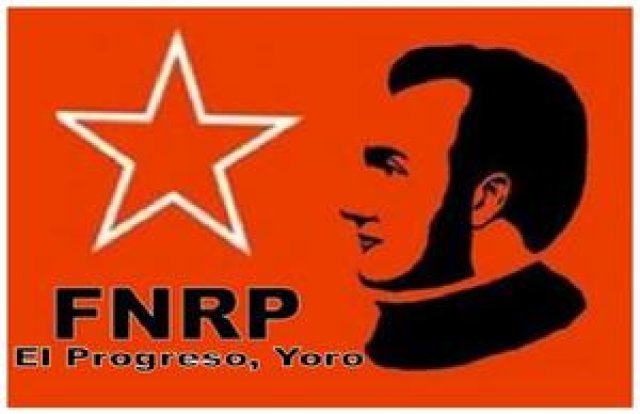
Thousands of people mobilised across Honduras on September 7 as part of the “civic strike” called by the National Popular Resistance Front (FNRP) to “demand that the neoliberal offensive against the poor be halted”.
The FNRP said rallies were held in the capital, Tegucigalpa and 10 other cities and towns.
The demands of the popular organisations that make up the FNRP were: increase the minimum wage; raise public workers’ pay; reject laws to bring in temporary and hourly work; eliminate the private-public investment law; support for the struggle of the workers at the National Autonomous University of Honduras (UNAH); defend peasants’ rights that are under attack; and reject the privatisation of natural resources.
In the capital, protesters concentrated around UNAH and the National Pedagogical University Francisco Morazan. UNAH is now militarised under orders of the rector, Julieta Gonzalina Castellanos.
Along with the Civic Council of Popular and Indigenous Organisations of Honduras (COPINH), youth took over Suyapa Boulevard for more than four hours, while members of the workers’ confederations took over Centroamerica Boulevard.
A FNRP statement said the neoliberal policies being implemented by the oligarchy demonstrated what really lay behind the June 28, 2009 coup against left-leaning elected president Manuel Zelaya.
The aims of the coup were “the unlimited continuation of the concentration of wealth on the basis of robbing the labour and resources of the great majority”. The statement said the regime’s reforms would de facto overturn the Labour Code that resulted from the great strike of 1954.
The FNRP, which has led mass resistance to the coup, reiterated once again that all the actions of the current regime are illegitimate and illegal because they are imposed by state powers kidnapped by a privileged class against the will of the people.
The FNRP said popular demands are a fundamental part of its agenda, and said it would stay in a state of permanent mobilisation. It said in order to solve the structural problems of society and stop the injustices that occur within neoliberal capitalism, it is necessary to seek the “refoundation” of the country’s structures.
The FNRP said: “We need to advance towards the refoundation of the country, of its economic system, of its laws and values imposed to perpetuate exploitation, and the first step is a National Constituent Assembly. That is why we will not rest until we achieve it.”
The protest concluded in Plaza La Merced, known as Resistance Plaza since the coup.
A huge mobilisation was announced for September 15, Honduran Independence Day, where the FNRP will present the final tally of signatures collected calling for a constituent assembly. So far, more than a million signatures have been collected.
[Translated by Federico Fuentes from www.resistenciahonduras.net, the official website of the FNRP.]